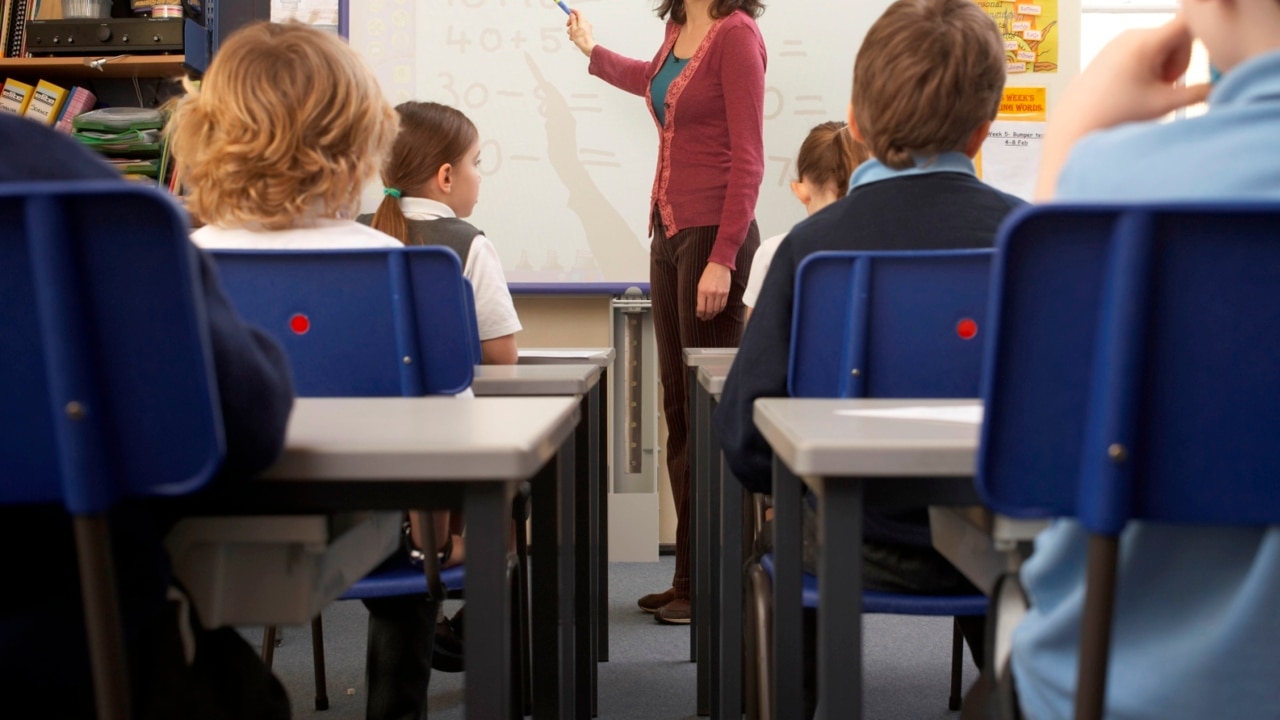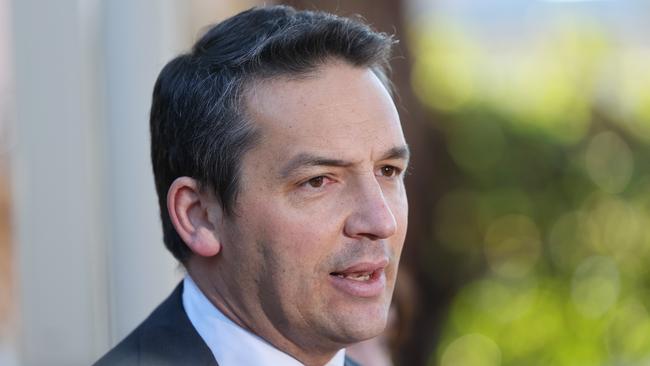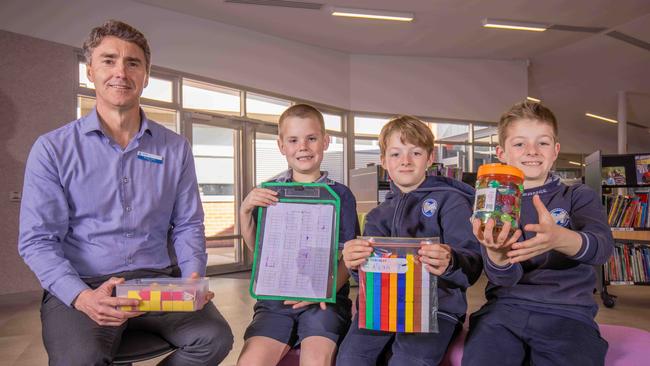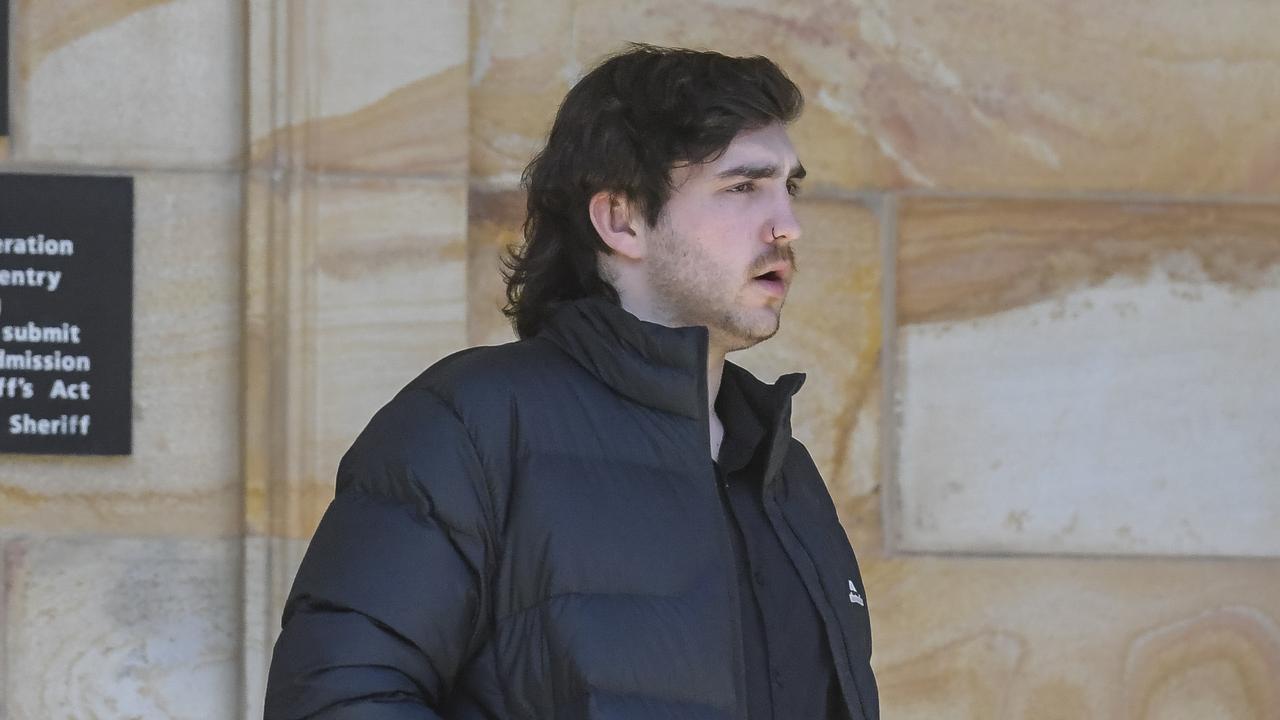SA Education Minister Blair Boyer announces financial literacy will be part of maths curriculum
Mobile phone contracts and buy-now pay-later schemes will be explained to school students as part of a new approach to teaching maths next year.

SA News
Don't miss out on the headlines from SA News. Followed categories will be added to My News.
What money is and how it works will be taught to children from preschool as part of a new maths curriculum for South Australian schools next year.
Financial literacy topics will be added to all year levels, teaching students about concepts like budgeting, contracts, interest and buy-now pay-later schemes.
Year 3 and 4 students at public schools will also take part in a new maths skills test trial next year.
Education Minister Blair Boyer announced details of the “maths check” and changes to the curriculum on Thursday, saying the subject has “not been given the focus it needs”.
“Inspiring an interest in maths early is vital for students to continue down that path in sectors such as engineering, robotics and cyber security,” he said.
New financial literacy resources have been developed with academic experts and The Barefoot Investor Scott Pape.
Mr Boyer said students would learn about “understanding a mobile phone contract, understanding interest ... understanding how something like Afterpay (buy-now, pay-later scheme) works ... how to do a tax return”.
Primary Mathematics Association president Lisa-Jane O’Connor said even very young children in preschool and Reception needed to know “what forms of money there are and what it looks like”. Concepts like currencies and interest would be important by Year 4, she said, while data analysis was a skill crucial to more than 80 per cent of jobs on offer today.

The new maths test will be trialled in 50 government schools and modelled on the Maths Assessment Interview developed in Victoria.
It will involve a one-on-one interview between a teacher and student where skills such as counting, telling time and measuring will be assessed.
Mr Boyer said the test would be delivered in years 3 and 4 because they were key times when students were learning elements of maths crucial to understanding more complex problems in later years.
Teachers can use the assessment to see how students work out answers to maths problems and adapt their teaching to the student’s ability and learning style.
In Victoria, teachers who deliver the Maths Assessment Interview present students with increasingly complex tasks in categories including counting, reading and writing numbers, addition and subtraction, multiplication and division, time, length and weight measurement and shapes.

A small group of Grange Primary School students had a preview of the new assessment recently.
Principal Stephen Jolley said it could give teachers more information about “potential gaps in student learning” and help them adjust lessons.
Mr Jolley said the school already had a senior staff member who acted as a mathematics coach to support teachers in classrooms and with planning and that had “flowed down to some really positive student outcomes … and their confidence and engagement in maths”.
The proposed maths check comes six years after the introduction of a phonics check by the former Liberal Government for students in year 1.
Students are asked to read aloud up to 40 real and made-up words.
Since it was first run in SA schools in 2018 the number of students who can read at least 28 of the words has risen from 43 per cent to 68 per cent.
Students who want to test their literacy skills can take part in the 2023 Prime Minister’s Spelling Bee. Teachers can register students for the school round until August 18 at spelling-bee.com.au.
More Coverage
Originally published as SA Education Minister Blair Boyer announces financial literacy will be part of maths curriculum





